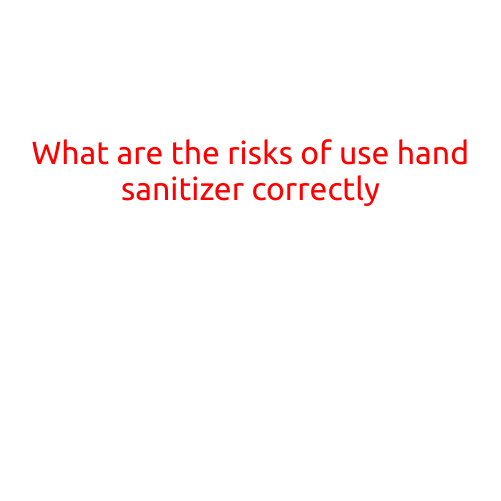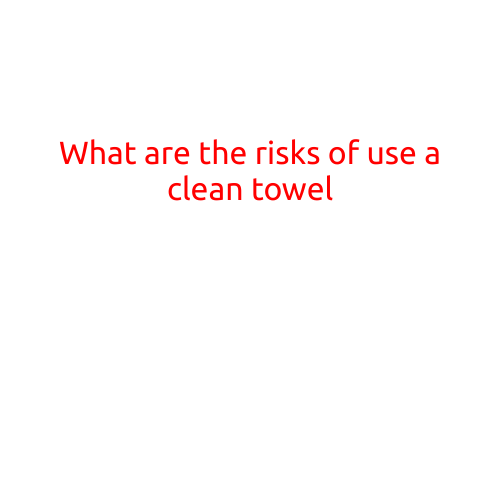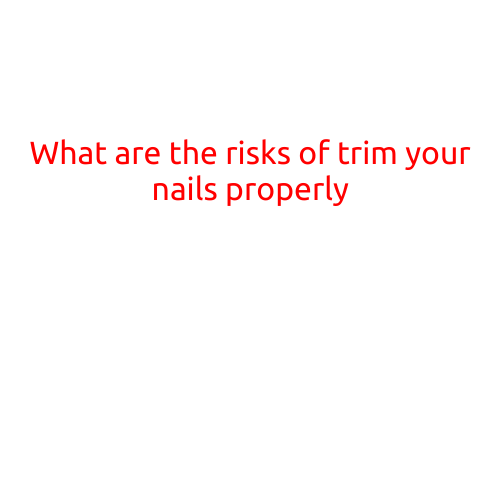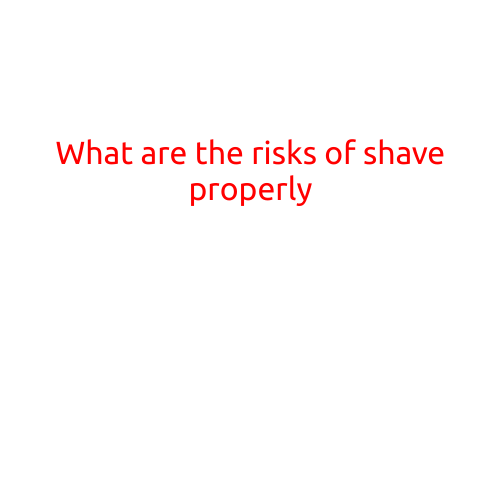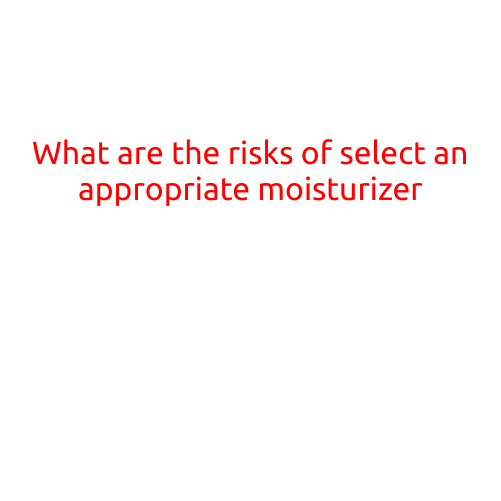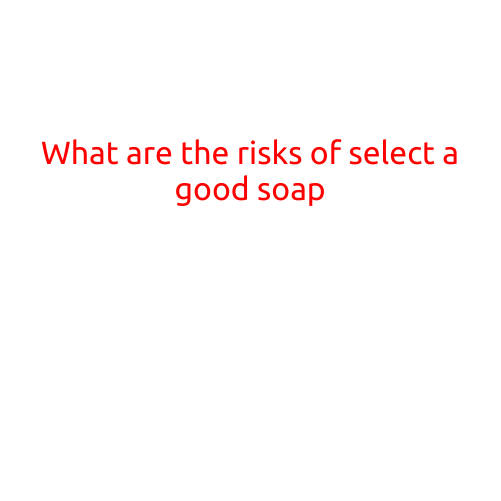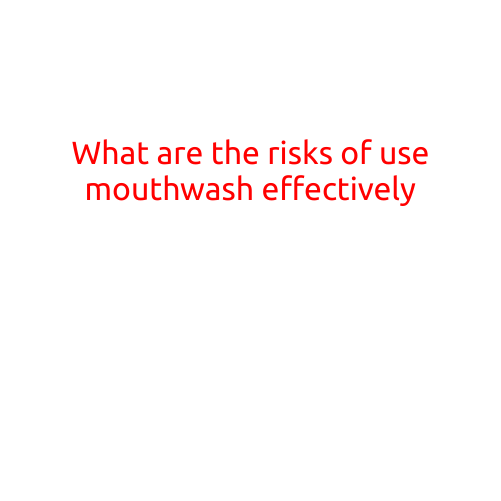
What are the Risks of Using Mouthwash: Understanding the Potential Consequences
Mouthwash is a common oral hygiene product used to freshen breath, reduce plaque and gingivitis, and prevent gum disease. While mouthwash can be an effective addition to your oral care routine, like any other substance, it also poses some risks and potential consequences. In this article, we will explore the risks of using mouthwash and provide you with essential information to help you use it effectively and safely.
1. Burning and Irritation
One of the most common risks associated with using mouthwash is burning and irritation. This is especially true for people with sensitive teeth, gums, or mouth sores. Mouthwash contains ingredients like eucalyptol, menthol, and benzocaine that can cause discomfort, pain, and even bleeding in some cases.
2. Tooth Sensitivity
Mouthwash can also cause tooth sensitivity, particularly if you have teeth with exposed dentin or worn fillings. The acids and abrasives in mouthwash can wear away the tooth enamel, leading to sensitivity, pain, or discomfort.
3. Dry Mouth
Mouthwash can disrupt the natural balance of saliva in your mouth, leading to dry mouth. This can cause problems like bad breath, difficulties swallowing, and an increased risk of tooth decay.
4. Allergic Reactions
Some people may be allergic to certain ingredients in mouthwash, such as preservatives, artificial flavors, or dyes. If you experience symptoms like hives, itching, or swelling around your mouth after using mouthwash, seek medical attention.
5. Interaction with Medications
Mouthwash can interact with certain medications, such as blood thinners, high blood pressure medications, and anticoagulants. This can lead to adverse effects, such as increased bleeding or changes in blood pressure.
6. Risk of Swallowing
Mouthwash is not meant to be swallowed, but accidents can happen. If you accidentally swallow mouthwash, you may experience stomach upset, nausea, or allergic reactions.
7. Risk of Tooth Decay
Mouthwash contains acid and abrasives that can wear away tooth enamel, leading to tooth decay and sensitivity. Additionally, some mouthwashes may contain sugars or other carbohydrates that can contribute to tooth decay.
8. Impact on Gut Health
Research has shown that the ingredients in mouthwash may have a negative impact on gut health. The antimicrobial properties of mouthwash can disrupt the balance of good bacteria in the mouth and gut, leading to digestive problems and other health issues.
Precautions and Safety Tips
To minimize the risks associated with using mouthwash, follow these precautions and safety tips:
- Always read the label and follow the instructions.
- Choose a mouthwash that is gentle and specifically designed for your oral health needs.
- Avoid using mouthwash too frequently or in excess.
- Use a mouthwash with the American Dental Association (ADA) Seal of Acceptance to ensure it has met strict standards for safety and effectiveness.
- Don’t swallow mouthwash.
- Avoid using mouthwash if you have sensitive teeth or gums, or if you have open sores or wounds in your mouth.
- Consult with your dentist or healthcare provider before using mouthwash if you have any concerns or questions.
In conclusion, while mouthwash can be a valuable addition to your oral care routine, it is essential to be aware of the potential risks and take precautions to minimize these risks. By understanding the potential consequences of using mouthwash, you can use it safely and effectively to maintain a healthy and happy smile.
